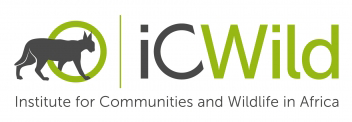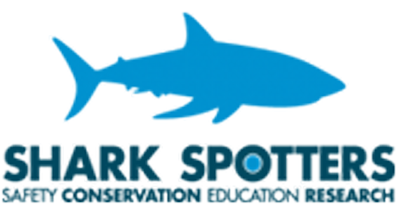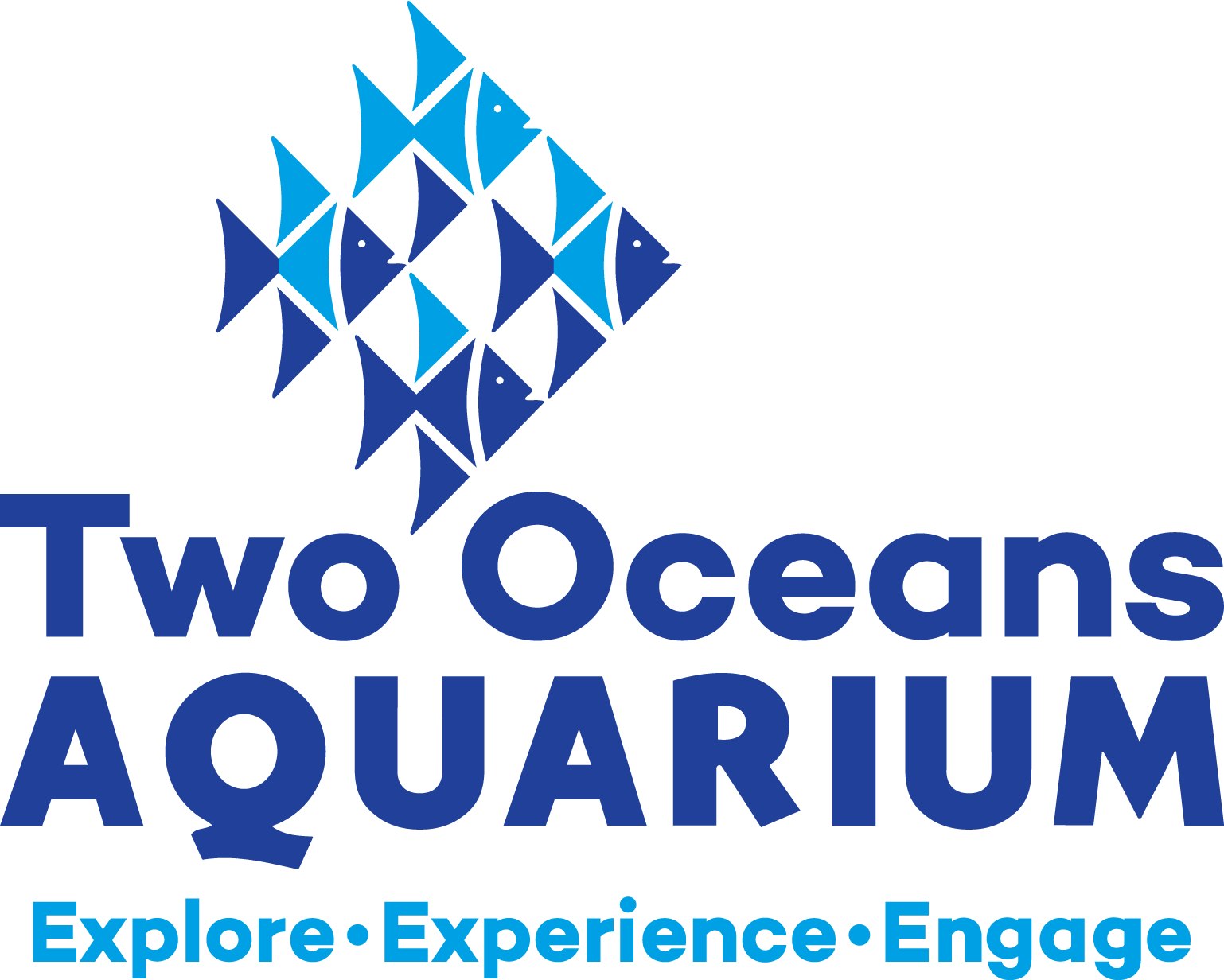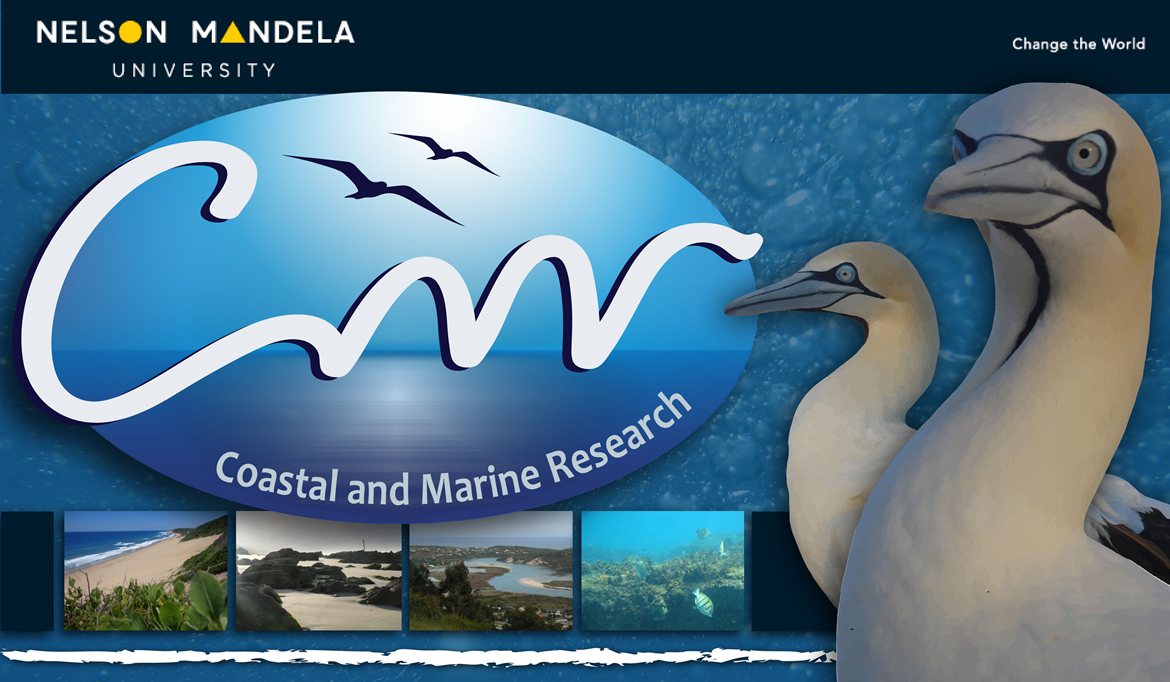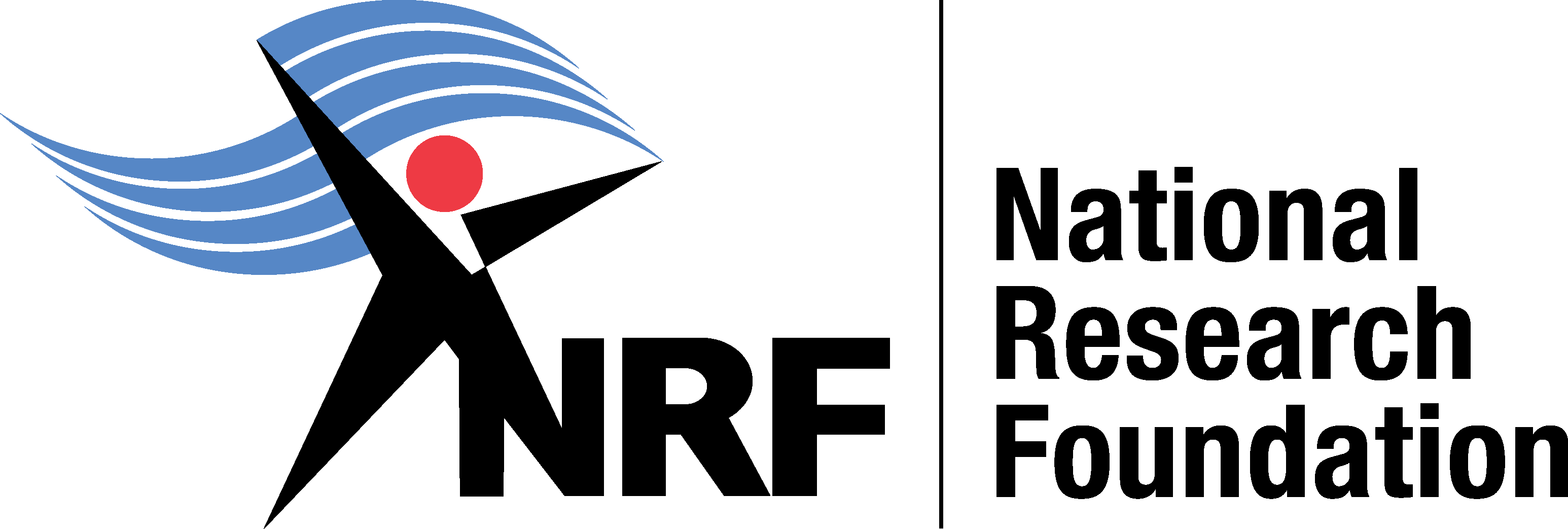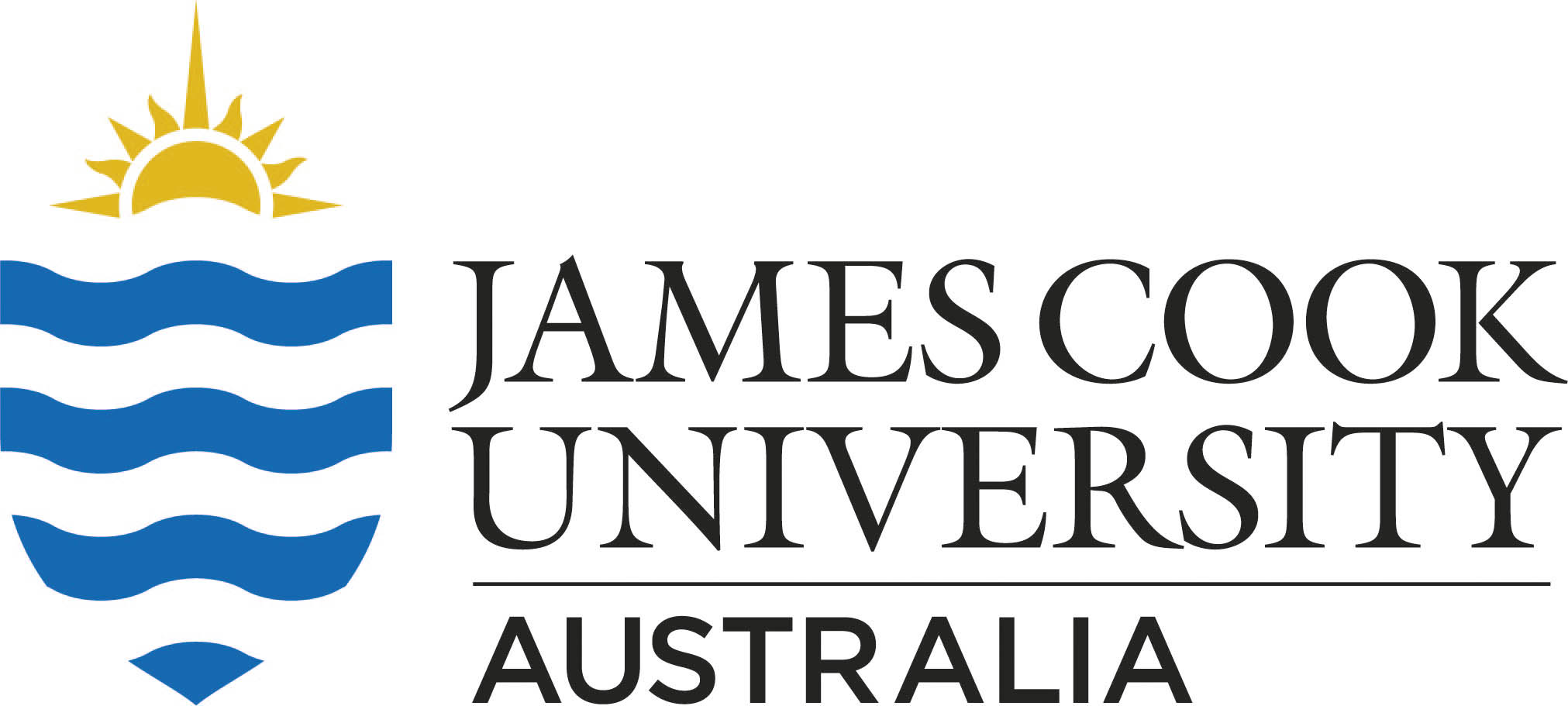|
Jump to: iCWild's work · Sharks on the urban edge · Acoustic tagging · Collaborators · Outputs |
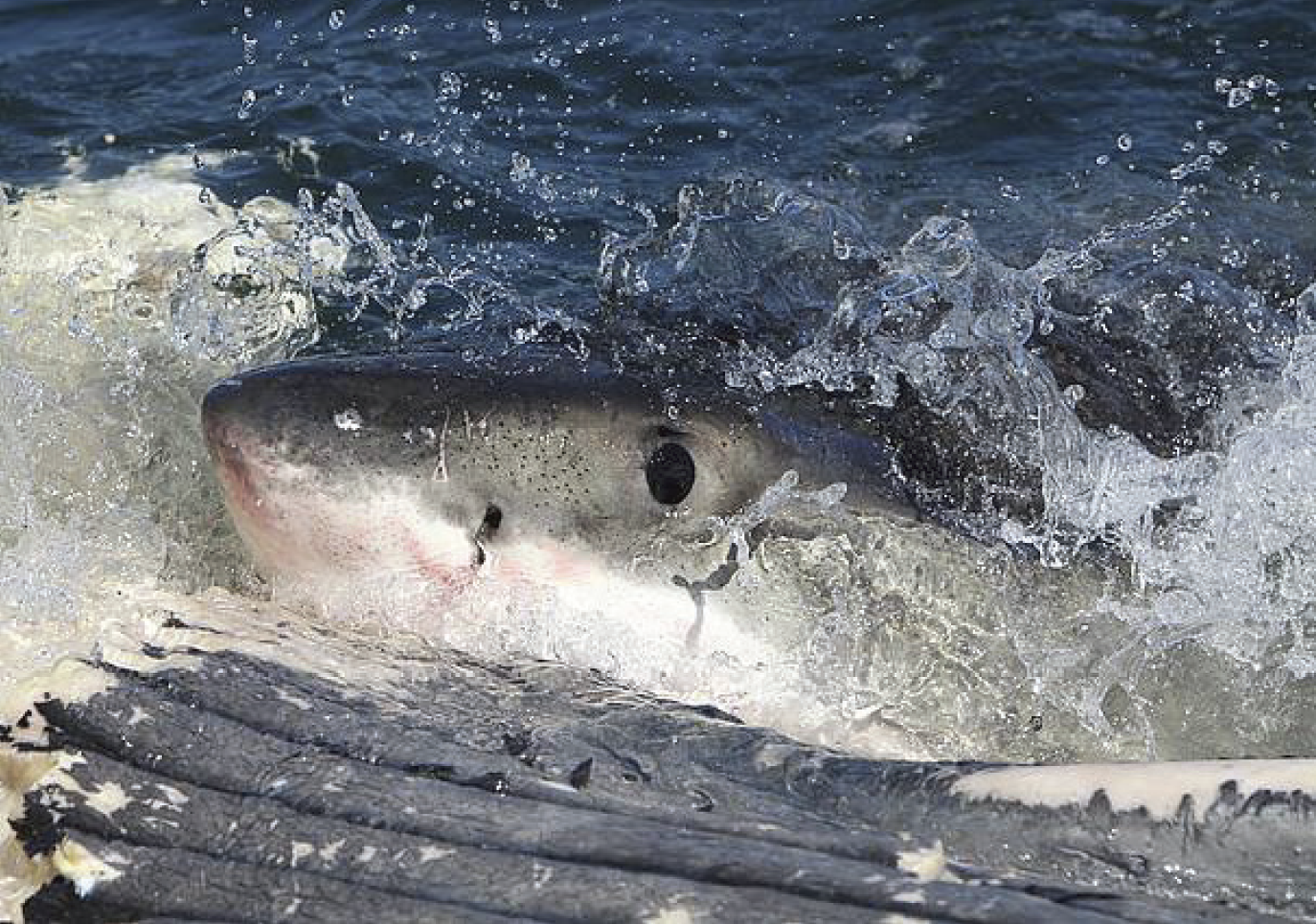
Sharks ranging in close proximity to urban areas are threatened by direct exploitation, bycatch, pollution and habitat degradation. In order to conserve important apex predators in these areas we need to better understand how they use the coastline, what drives their movement patterns, and how best to balance their needs with those of coastal human populations.
We work along the False Bay coastline in Cape Town, South Africa to develop a robust understanding of sharks in the False Bay ecosystem. We not only aim to contribute to ecological theory, but to inform species management and conservation.
Sharks on the urban edge
Sharks on the urban edge is an ongoing project focused on understanding the movement and behaviour patterns of several shark species. This work was started in 2004 by Dr. Alison Kock. In her PhD (funded by the Save our Seas foundation) she investigated the behaviour and movement patterns of white sharks (Carcharodon carcharias) in False Bay, and explored the implications of having one of the world’s largest populations of white sharks on the doorstep of a major city. The scope of this work has now been expanded to include species such as the broadnose sevengill shark (Notorynchus cepedianus), to better understand predator dynamics and ecosystem roles.
Project team
|
Dr Alison Kock (SANParks, SAIAB, iCWild), Project leader/supervisor and Project contact Dr. Adam Barnett (James Cook University), Supervisor Prof Justin O’Riain (iCWild), Supervisor Tamlyn Engelbrecht (iCWild, Shark Spotters), PhD candidate Leigh de Necker (iCWild, Shark Spotters), MSc graduate Kristina Loosen (iCWild, Shark Spotters), MSc graduate Dave van Beuningen (iCWild, Shark Spotters), MSc graduate Dr Enrico Gennari (Oceans Research, SAIAB), Collaborator Dr Paul Cowley (SAIAB), Collaborator Dr Malcolm Smale (Bayworld), Collaborator |
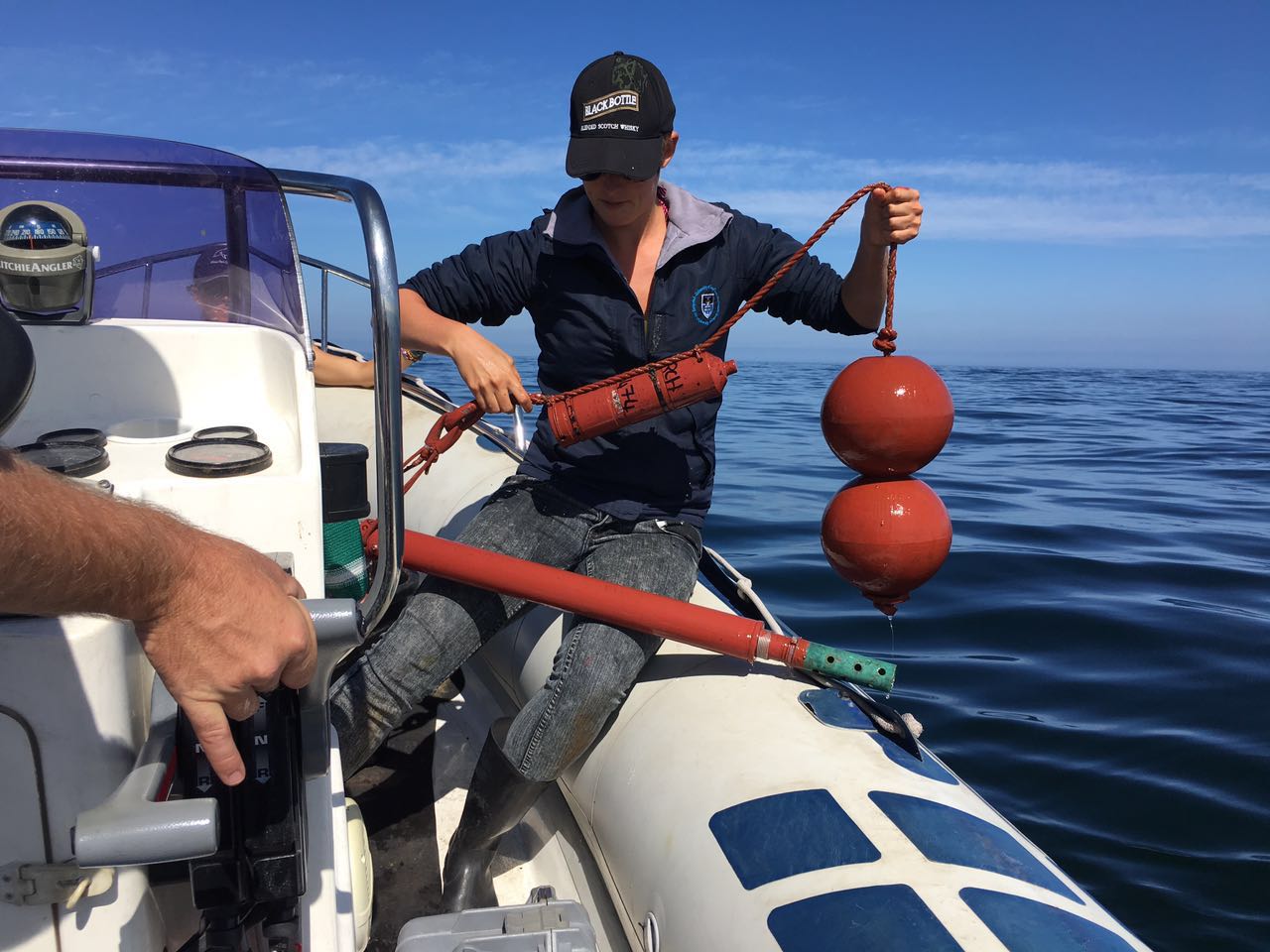
Acoustic tagging
In this project, now completed, we used acoustic tagging of white sharks to understand how environmental factors influence white shark presence at popular beaches in False Bay. A similar study was done previously using data collected by land-based shark spotters, and our work offered a direct comparison of the methods and results.
Project team
|
Dave van Beuningen (iCWild), MSc graduate and Project contact Professor Justin O’Riain (iCWild), Supervisor Dr. Alison Kock (SANParks, SAIAB, iCWild), Project leader/supervisor Dylan Irion (Cape RADD), Co-supervisor |
Collaborators
Related outputs
Click here to view iCWild's full output list, and use the filter tool to view outputs related to the Sharks in False Bay project.
